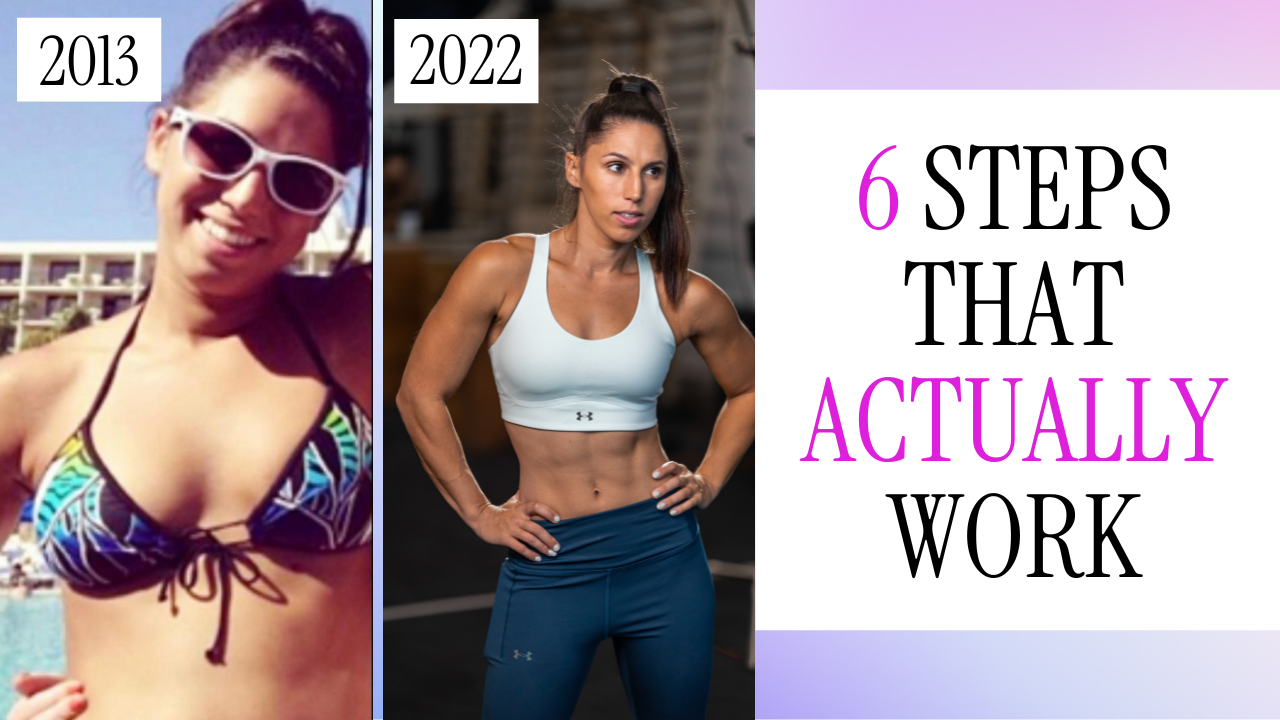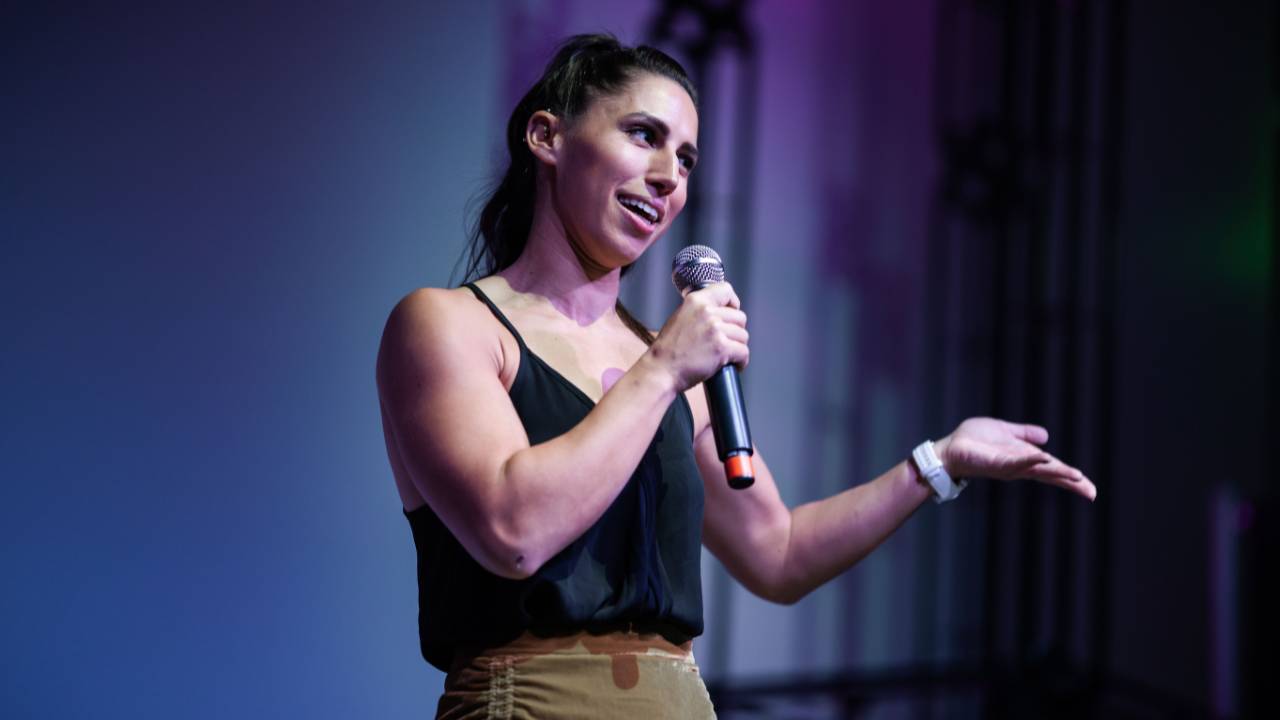Love Your Changing Body: 6 Steps to Stay Strong After 30

The conversation happened in a small yoga studio in New Jersey. I was home for the holidays, taking a class with my recently retired mom who's in her 60s. After class, the instructor shared something that broke my heart: "After I turned 40, my body felt like it started falling apart. I gained weight. I felt too tired to move. My body just didn't behave the way it used to."
Her words struck a chord because I hear this same story from women I work with every day. The metabolism changes, hormones shift, and suddenly the strategies that worked in your 20s not only stop working—they can actually work against you.
But here's what I need you to know: your changing body isn't a sign of failure. It's an invitation to show up differently.
The Mistake Most Women Make
When women notice these changes, their first instinct is often to double down on what used to work. They cut more calories. They add more cardio. They buy expensive supplements promising quick fixes.
Then they feel frustrated when these approaches leave them exhausted, hungry, and no closer to feeling good in their bodies.
What if instead of fighting these changes, we learned to work with them?
My 6-Step Framework for Supporting Your Body After 30
1. Forgive Yourself and Your Body
Start with compassion. Let go of any "I should have done more" thoughts and acknowledge everything your body has done for you. Say "Thank you, body, for carrying me through all these years. I love you and I'm ready to listen to what you need now."
2. Strength Train 2-3 Times Weekly
You don't need five intense sessions—just 2-3 weekly strength workouts of 30-45 minutes each can make a tremendous difference. Muscle is the key to longevity, increased energy, and staying strong for everyday life.
Don't overcomplicate this step. You don't need fancy equipment or perfect form right away. Choose 4 basic moves (maybe a squat, deadlift, pushup, and row) and just show up. Consistency matters more than perfection.
3. Eat Strategically
Diet culture has conditioned us to eat less, but your changing body needs proper nourishment. Start with this simple guideline: aim for at least 30 grams of protein and 5-10 grams of fiber in both your morning and evening meals.
This approach helps build muscle, regulate hormones, improve digestion, and keep you satisfied. For example, my mom now starts her day with a high-protein chia seed pudding that provides both protein and fiber in one simple meal.
4. Walk Daily
Movement doesn't always mean intense workouts. Walking is one of the most underrated forms of exercise for women over 30. Start by adding just 2,000 extra steps to your current routine—about a 30-minute walk.
When I lived in New York City, I easily logged 20,000 steps daily without thinking about it. Now in Austin, I make it a point to walk my dog for 30 minutes each morning (even when the Texas "cold" tries to convince me otherwise!).
5. Make It Fun
Shift your focus from losing weight to gaining strength or mastering a skill. This perspective is infinitely more empowering. I love helping women work toward their first pull-up because it gives them something concrete to celebrate beyond the scale.
Working on grip strength isn't just fun—it's actually a marker of longevity. When you accomplish something you once thought impossible, it transforms how you see yourself and your capabilities.
6. Nail Down the Basics
Before spending money on expensive supplements or complicated programs, master these foundational habits. Once they become second nature—like brushing your teeth—you'll see tremendous differences in your energy and quality of life.
I use a simple habit tracker to check off these basics each day. And if I miss something? I don't stress about it. The goal is consistency over time, not perfection every day.
Consistency Over Perfection
I recently had a client who took an entire week off from her fitness routine. She was able to do this without guilt or setbacks because she'd built such consistent habits in the months before—sometimes three workouts weekly, sometimes four, sometimes two, but always something.
This is vastly different from the cycle many fall into: five workouts one week, four the next, then nothing for weeks. Aim for sustainable consistency rather than unsustainable perfection.
Taking the Next Step
This journey is simple but not always easy. The hardest part is taking action—knowing and doing are very different things.
If you're feeling overwhelmed by these changes in your body, remember that you don't have to navigate them alone. Whether you're ready to work with a coach or just looking to start with some free resources, the most important thing is to begin showing up for your changing body with love and intention.
Your body's changes aren't a bad thing—they're an opportunity to show up for yourself in new and empowering ways. Forgive yourself, get strong, nourish your body, and make it fun. Take small consistent steps and trust the process.
What if this new chapter of your life becomes the one where you feel stronger and more empowered than ever before? What if it all goes right?


